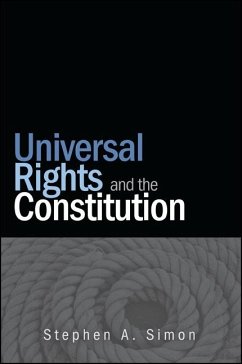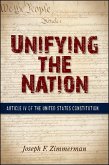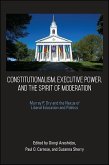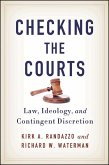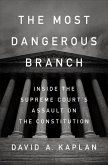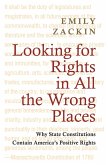Are constitutional rights based exclusively in uniquely American considerations, or are they based at least in part on principles that transcend the boundaries of any particular country, such as the requirements of freedom or dignity? By viewing constitutional law through the prism of this fundamental question, Universal Rights and the Constitution exposes an overlooked difficulty with opinions rendered by the Supreme Court, namely, an inherent ambiguity about the kinds of arguments that count in constitutional interpretation, which weakens the foundations of our most cherished rights.
Rejecting current debates over constitutional interpretation as flawed, Stephen A. Simon offers an innovative framework designed to provide clearer foundations for rights interpretations while preserving a meaningful but limited role for universal arguments. He reveals the vital connections among contemporary debates over such matters as the right to privacy, the constitutionality of the death penalty, and the role of foreign law in constitutional interpretation.
Rejecting current debates over constitutional interpretation as flawed, Stephen A. Simon offers an innovative framework designed to provide clearer foundations for rights interpretations while preserving a meaningful but limited role for universal arguments. He reveals the vital connections among contemporary debates over such matters as the right to privacy, the constitutionality of the death penalty, and the role of foreign law in constitutional interpretation.
Dieser Download kann aus rechtlichen Gründen nur mit Rechnungsadresse in A, D ausgeliefert werden.

